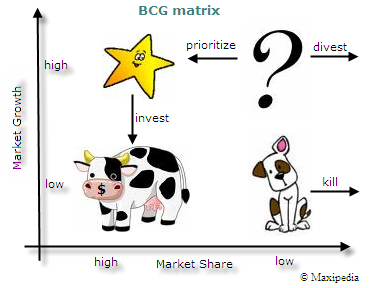MBAs Gone Wild: Is There a Video?
May 13, 2015
I find Harvard fascinating. As a poor student in a small, ignored also ran university, I bumped into the fancy university folks at debate tournaments. Our record against many fine institutions, such as Dartmouth and the other Big Dogs was okay.
We won. Lots.
Then there were the Big Dog MBAs at Booz, Allen & Hamilton. Sigh. Wall Street forced more of these “special ones” into my radar screen. Delightful. There was an MBAism for every issue. Maybe not a correction or appropriate solution, but there was jargon, generalizations, and entitlement thinking. In meeting after meeting, I reviewed nifty, but often meaningless or incoherent, graphs or diagrams. I did not count this work as “quality time.” Today, as the beloved and now departed Yogi Berra said, “It’s déjà vu all over again.”
I read “Where the Digital Economy Is Moving the Fastest” and circled a remarkable diagram. True, the write up is not about search, but the spirit of search and content processing system vendors tinted my perception, using only pleasing and compatible calming colors.
The authors developed criteria for countries which are moving fast. Not product sales or market share, countries. The world but for nation states like Yemen and its ilk. Then, like good MBAs, crafted a matrix and plotted the fast movers, the losers, the ones to watch, and the maybes. Here’s the graphic:
There are “Watch Out” countries. I admit I interpreted this label in a manner different from the article’s sense of the phrase. I checked out the countries between Stall Out (dogs) and Stand Out (invest for sure maybe?). Poor Sweden, Britain, and Germany. Look at the countries on the move. Check out the tweeners: Brazil, Turkey, and the Russian Federation.
Now this map, the graphic, and the meaning of the “data” strikes me as less than useful
The diagram reminded me of other consulting firms’ matrices. I snagged this at random from Google.
What about this version from

Which makes more sense? The diagram from the Harvard Business Review, the diagram with lots of dots, or the dead simple diagram from Boston Consulting Group?
From my point of view, the BCG approach makes the most sense. BCG analyzed market share data, actual numbers. The diagram presents visual cues which related directly to the numerical data., The viewer of the diagram does not have to wonder why a specific company is in one box or why a specific country is a “break out.”
Whether analyzing countries or companies on essentially methods which do not tie directly to numbers, the diagrams raise more questions than they answer. The BCG matrix, which consultants at McKinsey and Booz, Allen & Hamilton envied when the BCG matrix became available in the 1970s was, “Wow, what a great diagram?”
What I believe has happened is that the value of the envy-generating BCG matrix is based in the data to which the quadrants tied because the focus was a specific product and its market share. If the share was increasing and lights were flashing green, then the product was a star.
The more recent versions of the matrix do the diagram, add complexity, and lack the quite specific analysis of numerical data which another person could analyze and, presumably, reach similar data-anchored observations. Math and data are helpful when properly combined.
In short, data and the BCG analysis make the BCG matrix an effective communication tool. Matrices without similar data rigor are artifacts of “experts” who want something that makes a sale possible.
BCG wanted to help its clients, not confuse them. MBAs, please, do not write me and tell me I don’t understand the sophistication of the methods underpinning these presentation ready diagrams. For me there is a gap between data-anchored graphics and subjective or opinion-based graphics.
Poetry and fiction are noble pursuits. Data may not exciting. But for me, an old school BCG matrix more satisfying as long as there are verifiable data unpinning the items mapped to the matrix.
Stephen E Arnold, May 23, 2015




